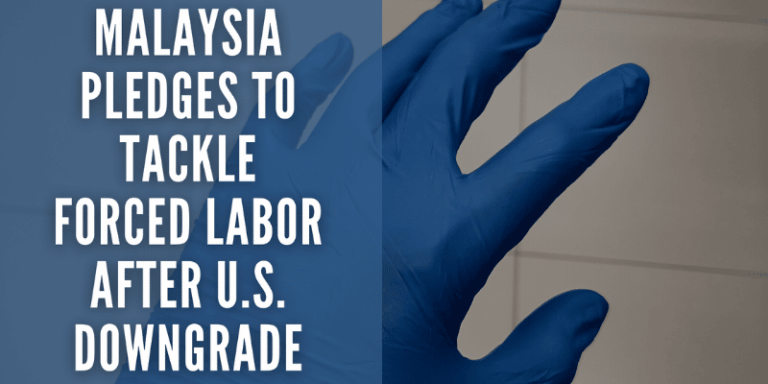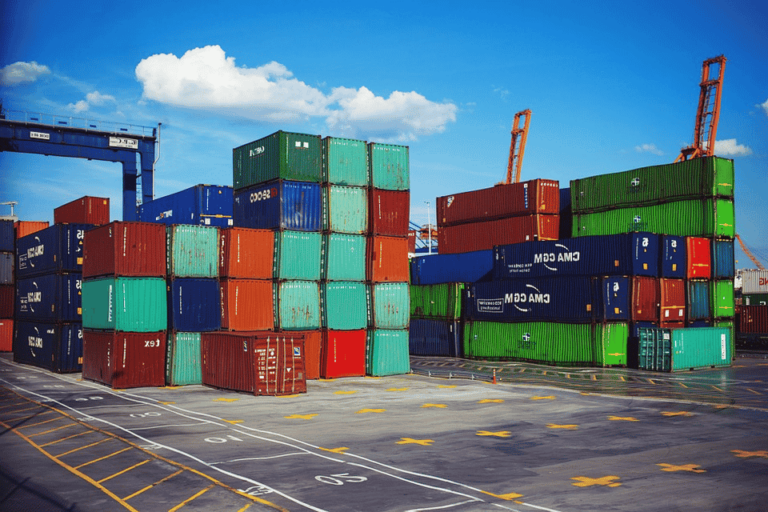NAFTZ Releases Study Documenting Positive Impacts of U.S. Foreign-Trade Zones on Regional Economies
Washington, DC – An economic study by a leading research firm concludes that U.S. Foreign-Trade Zones (FTZs) have a positive impact on employment growth, wage growth, and value-added growth in American communities. Compared to similar communities without FTZs.
The study, “The U.S. Foreign-Trade Zones Program: Economic Benefits to American Communities,” was conducted by the Trade Partnership, a Washington, DC-based trade research firm whose team of international economists has provided high-quality economic and trade policy analysis since 1991. The National Association of Foreign-Trade Zones (NAFTZ) commissioned the study in 2018 to inform policymakers. The public about the actual economic impacts of FTZs, and to provide an analytic tool for economic development institutions. Previously published reports on the FTZ program by the Congressional Research Service and the Government Accountability Office pointed out that few economic studies of FTZs had been performed and that none had actually quantified the economic effects of the program.
The study released following a presentation of the findings by Trade Partnership president Laura M. Baughman. At NAFTZ’s annual Legislative Summit in Washington on Feb. 12.
This study measures, both quantitatively and qualitatively, the economic effects of FTZs on the communities in which the zones operate, which the authors refer to as Zone Economic Communities (ZECs). The economic impacts of FTZs on ZECs examined using an econometric approach that enabled the research team to attribute changes in community employment, wages, and “value added” to the operation of a zone. The latter term refers to the difference between gross output and intermediate inputs and represents the value of labor and capital used in producing gross output. Similarly, and likewise. Seems like,
“The economic impacts of the U.S. FTZ program on communities in which FTZs are positive,” says Laura Baughman. “Many companies have the option to operate inside or outside the United States. They will make that decision based in part on the relative costs of doing business in the United States or abroad. To the extent the Foreign-Trade Zones program can 2 provide positive financial reasons for a U.S. location. It should merit the support of U.S. policymakers.” Rather, while in contrast.
above all, While, in contras
Click here to read entire story-> NAFTZ
———————————————————————————-
Previously published February 12, 2019 |Brian Hannigan| NAFTZ








